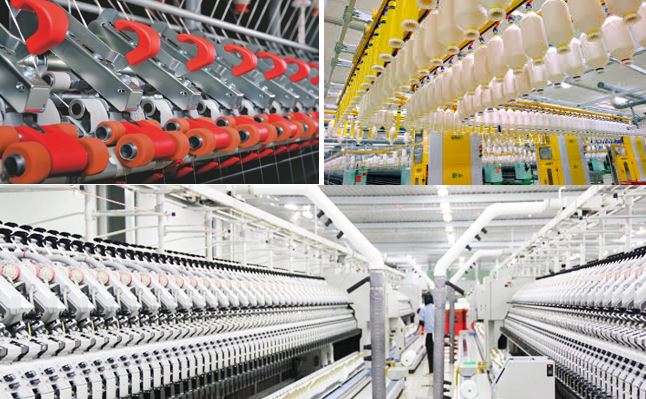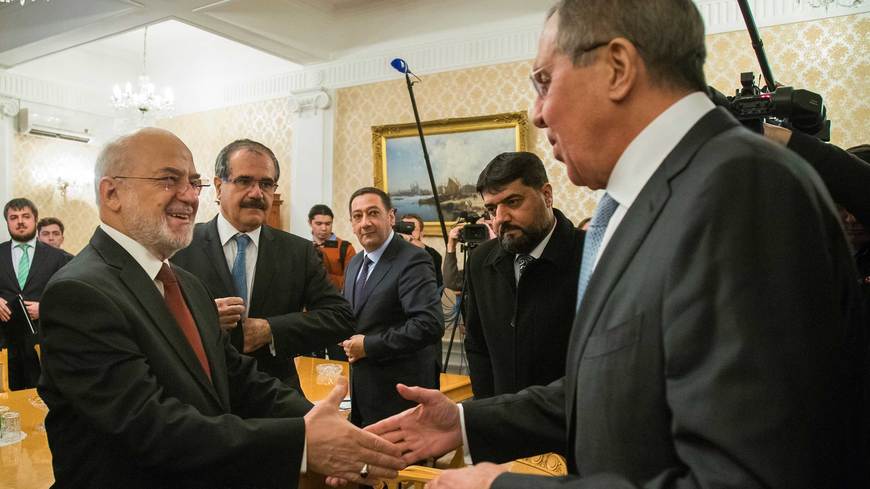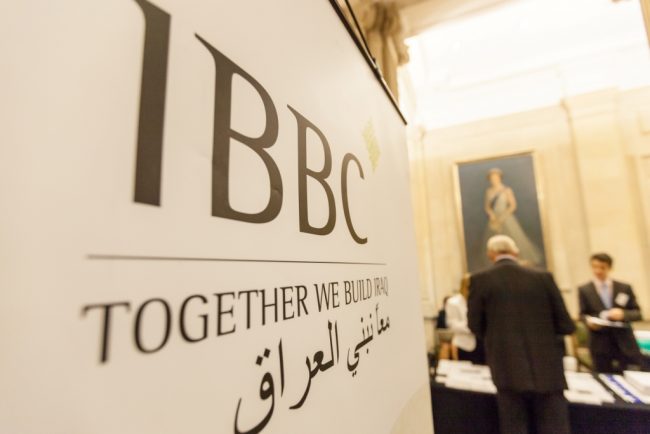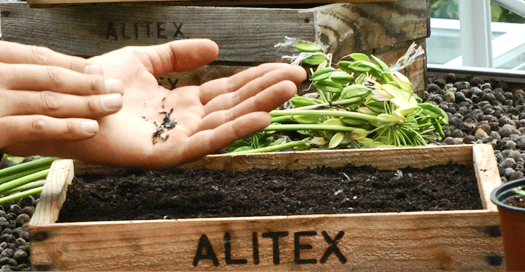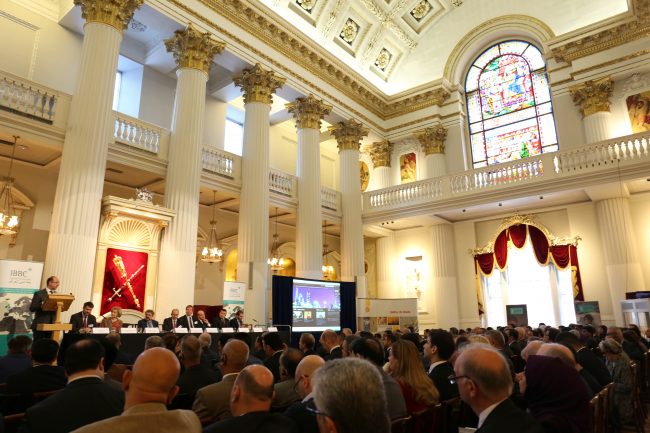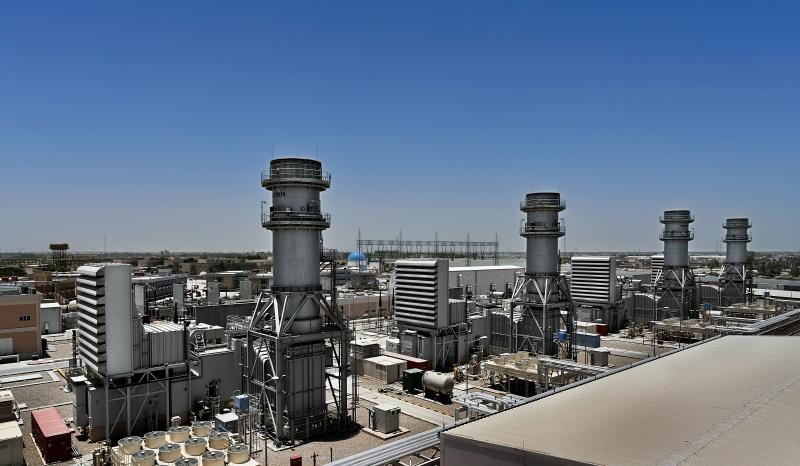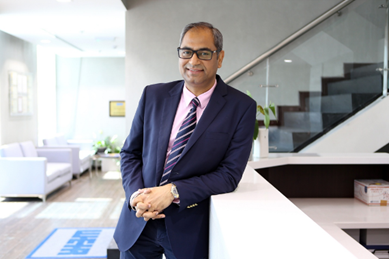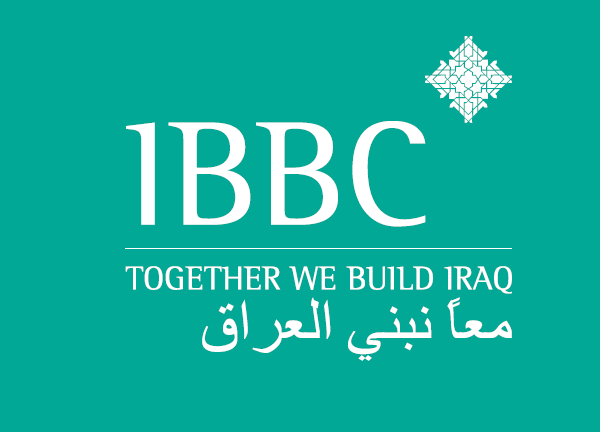Moscow’s interest in the Middle East and the growing Russian presence in the region go beyond Russian involvement in the Syrian civil war. For several years Russia has been building partnerships with various regional powers, and Iraq — with parliamentary elections only days away — has been a priority.
The Soviet Union helped Iraq industrialize its economy and was the country’s largest weapons provider until the union collapsed in 1991. Iraq’s invasion of Kuwait and the subsequent Western sanctions against it interfered with the Russia-Iraq weapons relationship. Then, after the US-led coalition’s overthrow of Iraqi President Saddam Hussein in 2003, Iraq got most of its weapons from the United States.
Under President Vladimir Putin, Russia has been trying to gradually rebuild its ties with Iraq on numerous levels. Moscow sees Iraq’s May 12 parliamentary elections as an opportunity to breathe new life into relations to create a comprehensive partnership.
In 2014, as Islamic State militants neared Baghdad and the Iraqi government couldn’t immediately receive the arms it needed from the United States, Moscow jumped on the opportunity to provide “without delay” the weapons and equipment needed, including aircraft. Maxim Maximov, Russia’s ambassador in Iraq, later commented that the deliveries represented a long-term commitment.
“We have always said that we are ready to give this country various types of assistance in strengthening its army,” Maximov said in a February interview with Interfax. “The Russian military industry has already provided the Iraqi government with a massive installment of weapons that proved their efficiency in battles against [IS], including MI-35M and MI-28N helicopters, Su-25 jet aircraft, Kornet-E anti-tank guided missiles and other military products.”
Some vital 2017 contracts for T-90 tanks are now being filled. There have been reports that Iraq is going to buy Russian S-400 surface-to-air missile defense systems, but Iraq’s ambassador to Moscow, Haidar Hadi, has denied that possibility.
Russian energy companies operating in Iraq are another critical tool for Moscow. These companies had been in Iraq long before the United States invaded in 2003 and had bid on oil and gas projects. Currently, there are two companies developing such projects in Iraq: Gazprom Neft Middle East and Lukoil.
Business for Russia’s Rosneft corporation is still uncertain. The company had contracts in the Kirkuk oilfields with the Kurdistan Regional Government, but when Baghdad overtook Kirkuk last year, the Iraqi Oil Ministry renounced those deals. Negotiations are still possible according to Russian business media reports, but the company has not confirmed the news.
Iraq is important for Russia not only as an economic and trade partner, but also as a factor in influencing regional policy. Russia clearly understands that its possibilities in the country are limited, as Iran and the United States are the main foreign players with direct influence on Iraq. Saudi Arabia, which took a number of steps to reinforce its influence in the country in the past year, still lags behind.
China, Iraq’s key economic partner, keeps a rather low profile regarding Iraq’s domestic politics. What’s important for Russia is that Iran partially and cautiously supports Baghdad’s collaboration with Moscow and the United States doesn’t openly oppose it.
That said, it’s not quite accurate to think Tehran is the one inviting Moscow to Iraq, hoping to create a counterbalance to Washington. In recent years, Baghdad politicians have increased their ability to implement independent foreign policy, and relations with Russia have been important to Iraqi officials. Russia, in turn, doesn’t seek to intervene in Iraq’s internal matters and basically operates by building pragmatic relationships with any government looking for such an arrangement. This approach helps Russians forge important political and business contacts.
For its part, Baghdad supports strengthening Moscow’s positions in an exchange that creates a new point of influence in the country potentially able to balance both Iran and the United States. Iraq thus gets a broader space for maneuvering among all the interested parties.
Certain areas of cooperation that Russia and Iraq have been exploiting have tangible potential. Military sales and energy cooperation are the most obvious ones, but Moscow is also becoming what it sees as a “natural ally” of Iraq in the fight against terrorism.
Since Russia, Syria, Iran and Iraq formed an information-sharing group in 2015, Russia has sought to deepen this area of cooperation through joint operations against radical groups. Russian lawmaker Ziyad Sabsabi has coordinated activities within that group to rescue Russian children whose parents joined IS from Iraq and Syria.
The fight against IS will gradually shift from the front line to broader counterterrorist initiatives, and Russia will be there to experience new forms of engagement with Iraq.
Institutional interaction between Moscow and Baghdad is already rather comprehensive. In addition to the counterterrorism information center and the rescue group, there’s a Russian-Iraqi action group for cooperating in the power industry and a Russian-Iraqi commission on trade, economic and scientific cooperation — a key coordinating intergovernmental body.
Russia takes advantage of all of these formats to interact with Iraqi and Kurdish governments as well as with the highest-level political leaders and contacts among “unofficial players” in the region.
Based on Maximov’s recent meetings, one can see Moscow’s attempts to maintain contacts with virtually all important actors — from major politicians in Iraqi Kurdistan such as Massoud Barzani, Iraqi Secretary-General of the Council of Ministers Mahdi al-Alaq, Vice President Nouri al-Maliki and National Wisdom Movement leader Ammar al-Hakim, among many others.
Therefore, while Russia’s strategy in Iraq aims to develop of all kinds of relationships with Baghdad and stresses support of the country’s territorial integrity, it is also multifaceted, seeking to engage with virtually all players from the country’s leadership to the leaders of the Popular Mobilization Units.
This path is meant to provide the policy flexibility necessary to maintain and increase cooperation regardless of who holds power after the upcoming elections.

